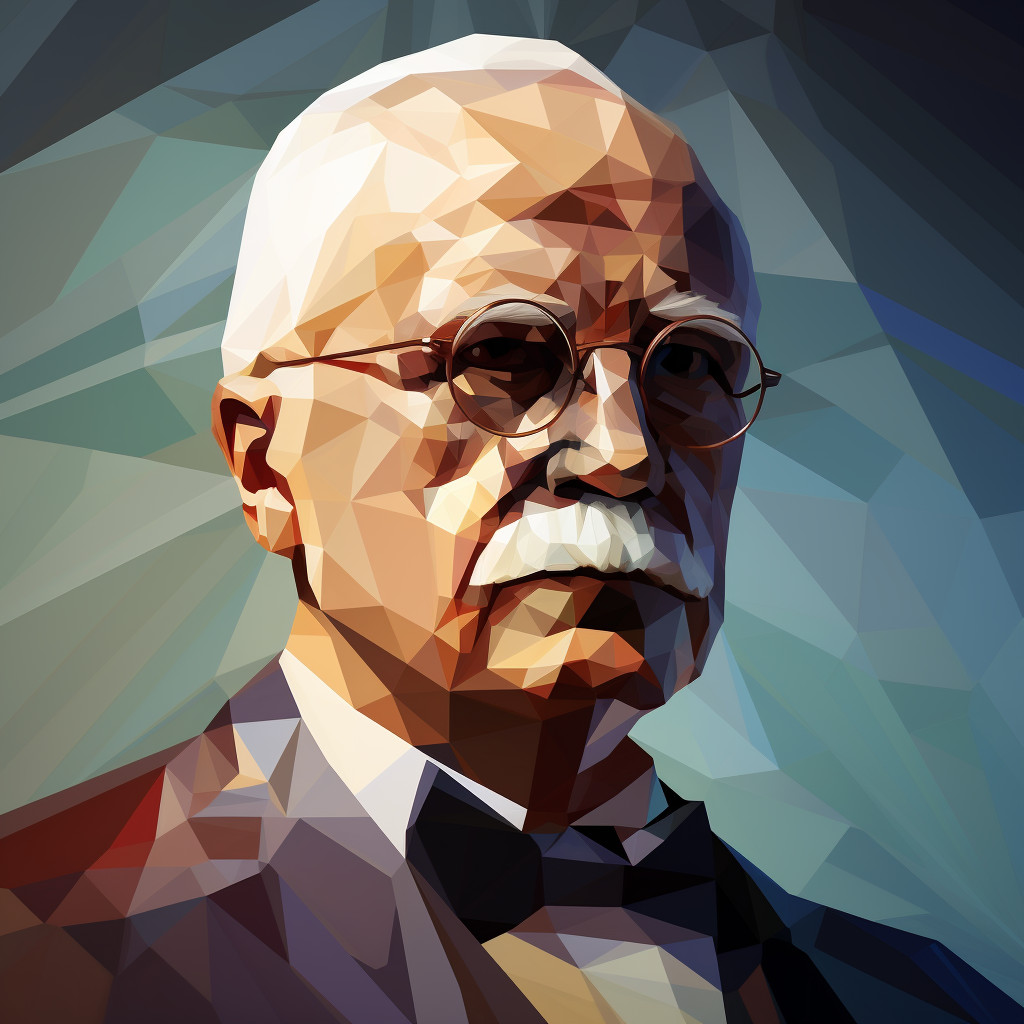This quote is an exploration of the power and wisdom of the unconscious mind. It suggests that our unconscious mind, the part of our mind that operates below the level of conscious awareness, has a deeper, more intuitive understanding of the world than our conscious mind, which relies on logic and reason. Even when our conscious mind is unable to solve a problem or make sense of a situation, our unconscious mind can guide us towards the truth.
The unconscious mind can be thought of as a vast reservoir of feelings, thoughts, urges, and memories that are outside of our conscious awareness. Most of the contents of the unconscious mind are unacceptable or unpleasant, such as feelings of pain, anxiety, or conflict. However, the unconscious mind is also the source of creativity, intuition, inspiration, and deep-seated wisdom.
In today’s world, we often rely heavily on logic, data, and conscious reasoning to make decisions. However, this quote suggests that we should also listen to our gut feelings, our dreams, and other messages from our unconscious mind. These messages may not always make sense to our conscious mind, but they often provide valuable insights and guidance.
In terms of personal development, this quote encourages us to pay more attention to our inner world, to cultivate self-awareness, and to trust our intuition. It suggests that we can grow and evolve not just by acquiring knowledge and skills, but also by uncovering and integrating the wisdom of our unconscious mind. This can be achieved through various methods such as meditation, dream analysis, and psychotherapy.
This quote also highlights the importance of balance between the conscious and unconscious mind. Too much reliance on either can lead to an imbalance, causing either rigid, overly analytical thinking or impulsive, irrational behavior. By acknowledging and respecting the power of the unconscious mind, we can achieve a healthier, more harmonious balance of mind.






